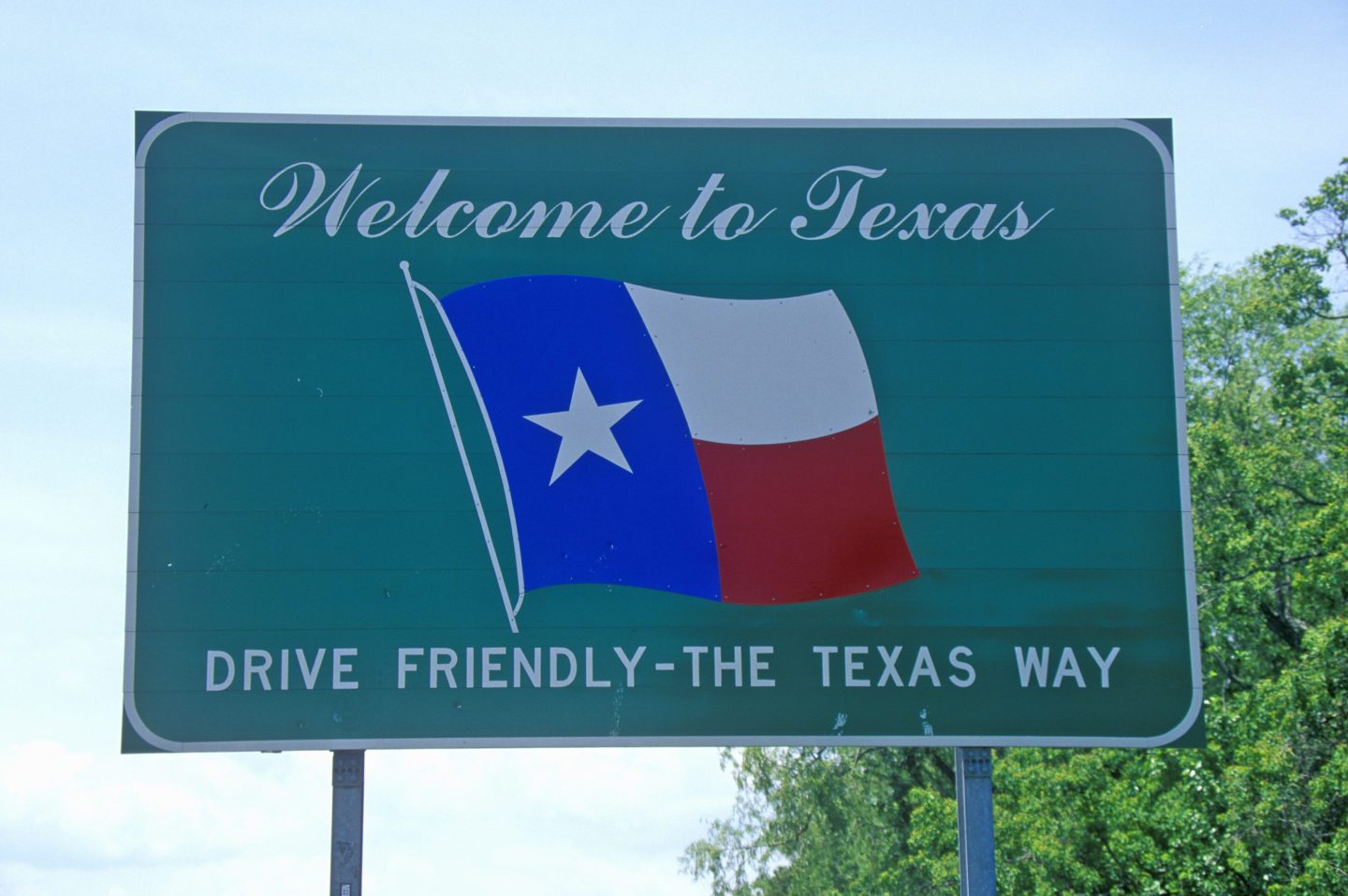
I checked in Thursday afternoon with political scientist for hire Ian Bremmer, president of Eurasia Group, a New York political-risk consulting firm. Bremmer is a creature of Davos, a uniquely well positioned participant and observer there because his job and the World Economic Forum’s mission overlap so neatly. (WEF is all about promoting global governance; Bremmer is all about analyzing global governance.) Last year I discussed China with Bremmer, who has written extensively on the changing world order. He has a few ideas about what the themes will be this year in Davos. An edited transcript of our conversation follows.
FORTUNE: What will be the hot topic in Davos next week?

Bremmer: The single biggest issue is what global rebalancing means. Last year was the post-financial crisis Davos. Will there be a double dip? And so on. We’re done with that. Now we’re in a new world order. And not everyone is happy with that. [WEF founder and executive chairman] Klaus Schwab is very uncomfortable with that. The World Economic Forum is all about global governance, about major institutions like the G20 that run the world. The 2,000 people who come to Davos have an enormous amount in common with each other, but not nearly as much in common with the people in their own countries.
You mean Klaus Schwab and the WEF as a metaphor, right, not the actual organization?
Yes, of course. Over the last 40 years globalization brought people together. Now they have a world where people have less, not more, in common with each other. In other words, globalization is getting pushback.
What does that pushback look like?
Look, globalization has worked for a long while. Liberal democracy, the rule of law. Increasingly, though, those aren’t the main topics of discussion. Now it’s about South-South trade, for example, trade within emerging markets, like China with Brazil or Turkey with Iran. For years Turkey was all about its orientation toward Europe. No longer. There are all sorts of negotiations that don’t involve the West anymore. These countries are now doing what they want to do. There used to be common institutions and values. Now there are just common institutions.
What do you expect to hear from Russian President Dmitry Medvedev, who will deliver the WEF’s opening keynote?

I’ll want to hear to what extent the Russians are interested in opening up to the West. The recent BP-Rosneft deal is instructive — and funny. It wasn’t so long ago that BP got chased out of Russia. Now BP and Russia need each other. The vast majority of people who do business in Russia understand the game of doing business there.
One of the themes of Davos in 2011 is risk. What do you think is the biggest risk the world faces?
The biggest risk is structural, that the world is not in a G20 environment anymore. Now we’re in a G-Zero environment. That presents a lot more conflict.
[In a recent note to clients, Bremmer elaborated on this theme: “It’s almost impossible to imagine (and, indeed, historically unprecedented) that such changes imply a peaceful transition,” he wrote. “It would be a daunting challenge to engineer such a dramatic change in global order even between allies, with entrenched relationships of trust and related sharing of strategy and intelligence among political institutions. But absent that, among countries with fundamentally different political and economic values, at radically different stages of development, and without such durable political and economic relations, greater conflict is foreordained.”]
Of your many official duties in Davos next week, what are you most looking forward to?
I’m speaking for a New York Stock Exchange dinner with 50 CEOs. Discussions with that group is certain to yield a good understanding of where global business is going. I’m also moderating a roundup discussion on the last day of the conference on risks and to determine what the main themes of the meeting were.
Travel safely, Ian.
See you there.











